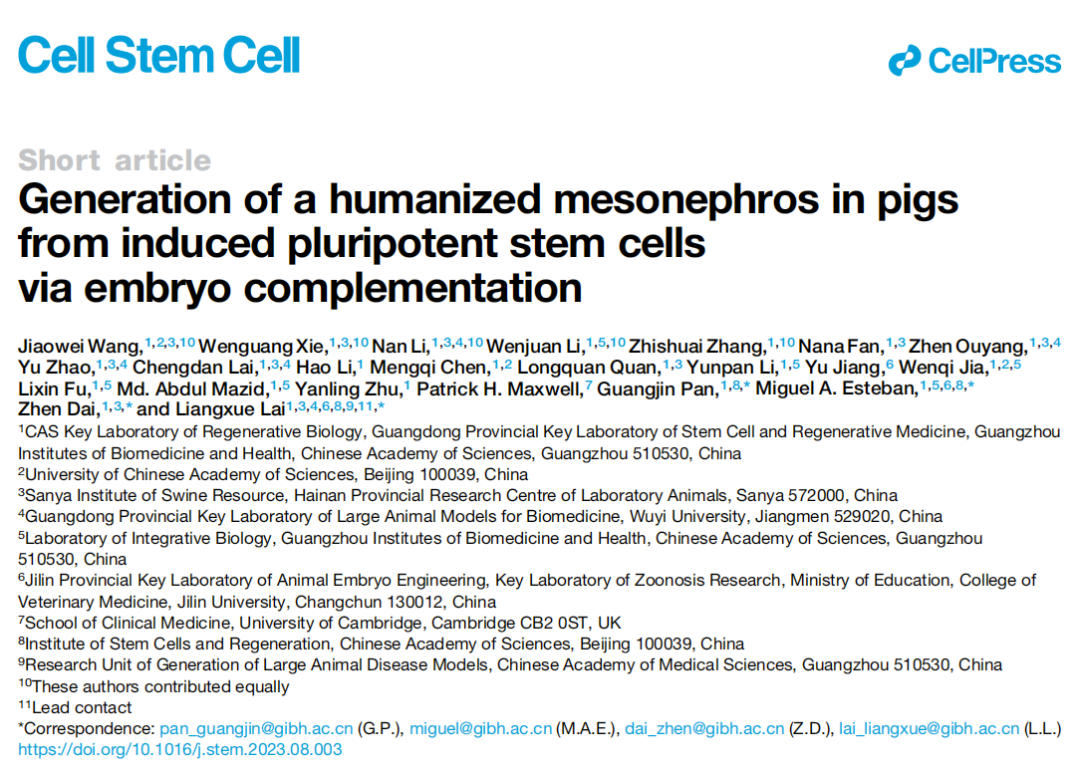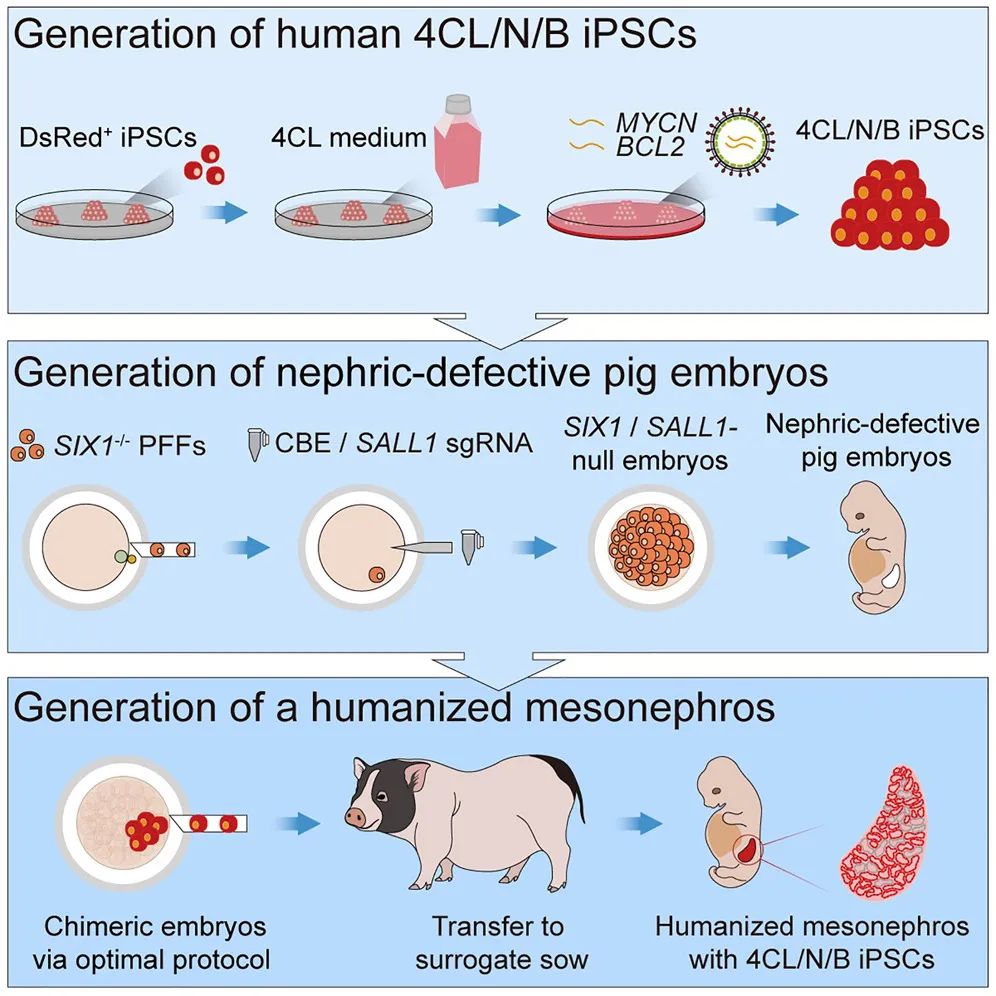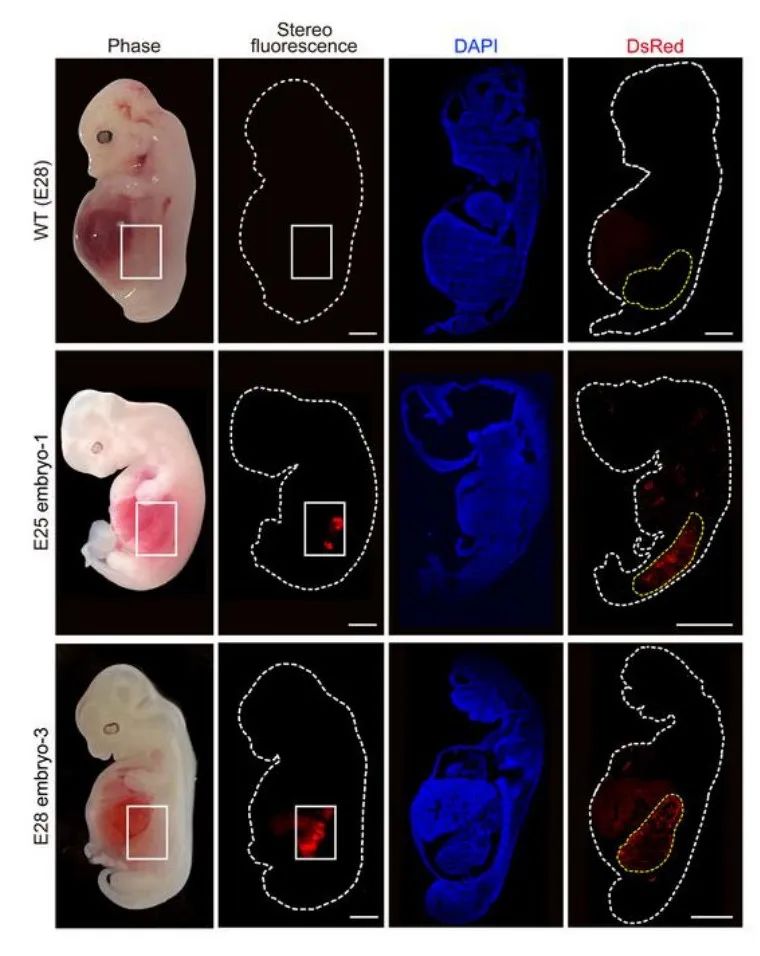
Source: XINHUA NEWS
According to the latest news of the Guangzhou Institute of Biomedicine and Health of the Chinese Academy of Sciences, the hospital published a cover research paper in the international authoritative academic journal Cell Stem Cell on September 7, 2023, showing that the scientific research team successfully cultivated human kidneys in pigs for 28 days. This is also the first time in the world to report the case of in vivo cultivation of humanized functional organs.

Lai Liangxue, the first author of the paper and a researcher at the Guangzhou Institute of Biomedicine and Health of the Chinese Academy of Sciences, said that the serious shortage of donor organs has limited the wide application of organ transplantation in clinical practice, and stem cell-based organ cultivation in vivo may be an ideal way to solve this problem in the future.
"The humanized organs obtained through this approach will not only have more comprehensive cell types and better organ structure and function, but also effectively avoid the problems of immune rejection that exist in xenogeneic or allogeneic organ transplantation because the donor cells are derived from the patient's own body." Lai Liangxue said.
Previously, there were many technical obstacles to the realization of human organ xenogeneic cultivation in vivo, resulting in the idea of growing human organs from pigs has not been successful. In this study, a new type of human induced pluripotent stem cells with high differentiation potential, strong competition and anti-apoptosis ability, combined with an optimized embryo compensation technology system, were used to achieve in vivo xenogeneic cultivation of human meskidney in pig models with kidney defects.
In the study, the human-derived cells were injected into pig embryos, which were then transplanted into surrogate pigs. The pig models used were genetically modified to lack the genes needed for kidney development, leaving space for transplanted human cells.

In strict compliance with relevant ethical regulations and international practice, the study terminated the pregnancy of the surrogate pig within 3 to 4 weeks of gestational age. A total of 2 mesonephric chimeric pig embryos at gestational age of 25 days and 3 at gestational age of 28 days were obtained. The mesonephric means that the kidneys in the body have developed into the middle kidney, the second stage of kidney development.
Immunofluorescence staining of key functional genes for kidney development demonstrated that human donor cells had differentiated into functional cells expressing these genes, indicating that human donor cells in porcine fetuses would be able to support human kidney generation along with embryonic development.

The researchers said that this achievement proved for the first time the feasibility of cultivating humanized functional parenchymal organs in xenogeneic large animals based on stem cell and embryo compensation technology, and took a key first step in the use of organ defect large animal models for organ xenogeneic cultivation, which is of great significance to solve the problem of serious shortage of donor organs!